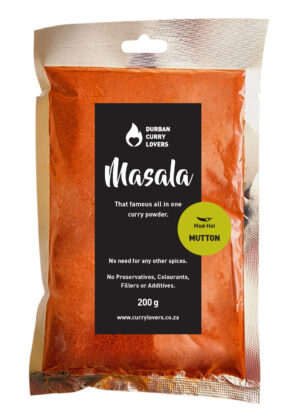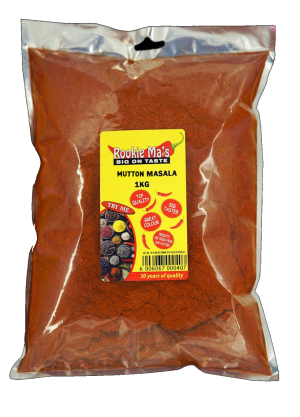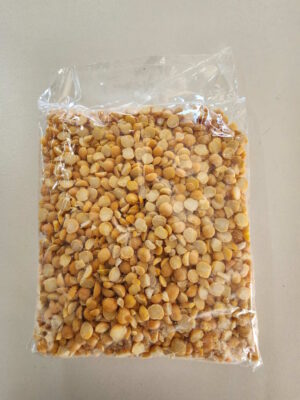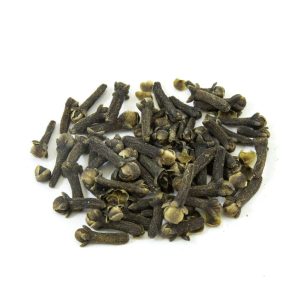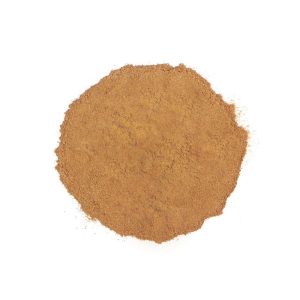Fennel in Indian Cooking: The Aniseed Flair with Age-Old Culinary and Healthful Riches
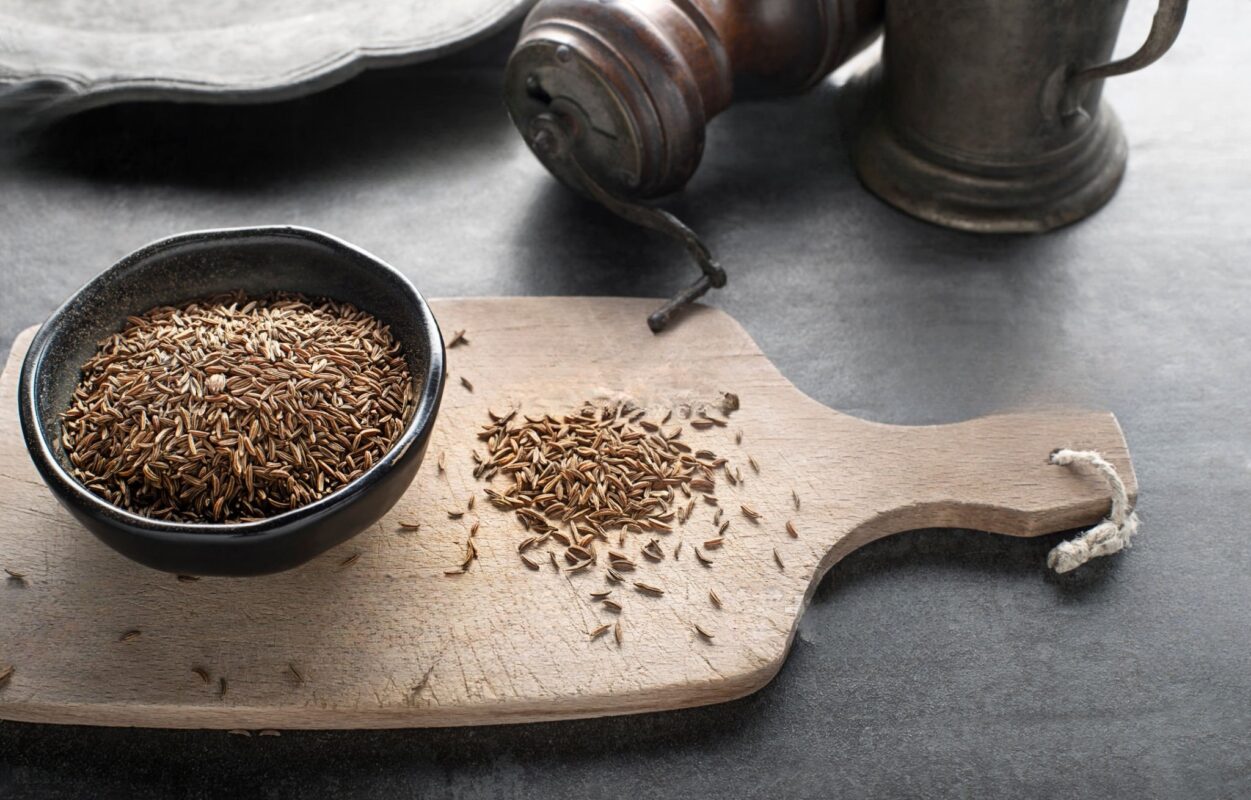
The complex yet harmonious symphony of Indian cuisine is composed of numerous spices, each bringing its own melody to the grand orchestra. Among these maestros, fennel, or as it’s affectionately called in India, “saunf,” strikes a unique chord with its sweet, licorice-like flavor and myriad health benefits.
Historical Significance
The bond between fennel and the Indian subcontinent is both old and cherished. This fragrant herb is noted not just for its culinary delights but also its curative properties. Ancient Indian scriptures and Ayurvedic texts celebrate fennel as a cooling agent, beneficial for digestion and a remedy for eye ailments. Its journey in India isn’t just confined to the kitchen; it has been a frequent guest in traditional ceremonies and rituals.
Growing and Harvesting Fennel
Belonging to the carrot family, fennel is a hardy perennial herb that’s easy to cultivate. It thrives best in temperate climates and well-drained soils. The plant, with its feathery leaves and yellow flowers, is a sight to behold. Post flowering, the plant yields greenish-brown seeds, which when mature, are harvested. These seeds can be used directly in cooking or ground into a powder.
Health Benefits
Fennel seeds are not just about flavor; their health profile is impressive:
- Digestive Aid: Known to alleviate digestive issues, they’re often consumed post-meal to freshen breath and assist digestion.
- Antioxidant Properties: Packed with powerful antioxidants, fennel seeds help combat harmful free radicals in the body.
- Anti-inflammatory: Their anti-inflammatory nature aids in reducing inflammation in the body.
- Respiratory Health: Fennel seeds have compounds that can assist in bronchial relaxation, beneficial for asthma and cough conditions.
- Bone Health: Rich in calcium, they play a role in maintaining bone strength and health.
Dishes that Celebrate Fennel
- Kashmiri Pulao: A fragrant rice dish where fennel seeds provide a sweet undertone, complementing the mix of dried fruits and nuts.
- Fennel-infused Tea: A soothing brew made with crushed fennel seeds, perfect for relaxation.
- Fish Curry with Fennel: Predominant in coastal regions, this curry uses ground fennel to offer a distinctive sweetness.
- Fennel Laddoo: A unique dessert where roasted fennel seeds are combined with jaggery and gram flour.
- Saunf Sherbet: A refreshing drink made with fennel seed infusion, sugar, and a dash of lemon.
Using Fennel in Indian Cooking
The versatility of fennel seeds allows them to fit effortlessly into Indian dishes. Their sweet profile is an excellent counterbalance to spicy and tangy flavors, often found in Indian curries and rice preparations. They can be dry roasted to intensify their flavor or ground into a powder, which then forms part of spice blends or standalone flavoring. It’s also common to find households offering roasted fennel seeds as a mouth freshener post meals.
In sum, fennel seeds remain a testament to the rich culinary and medicinal tapestry of India. Their unique taste and health attributes ensure they continue to be a prized ingredient in Indian kitchens.
Citations:
- Badgujar, S. B., Patel, V. V., & Bandivdekar, A. H. (2014). Foeniculum vulgare Mill: A review of its botany, phytochemistry, pharmacology, contemporary application, and toxicology. BioMed Research International, 2014.
- Rather, M. A., Dar, B. A., Sofi, S. N., Bhat, B. A., & Qurishi, M. A. (2016). Foeniculum vulgare: A comprehensive review of its traditional use, phytochemistry, pharmacology, and safety. Arabian Journal of Chemistry, 9, S1574-S1583.
Note: Always consult with a healthcare professional before introducing any new supplement or food to your diet, especially in medicinal quantities.

